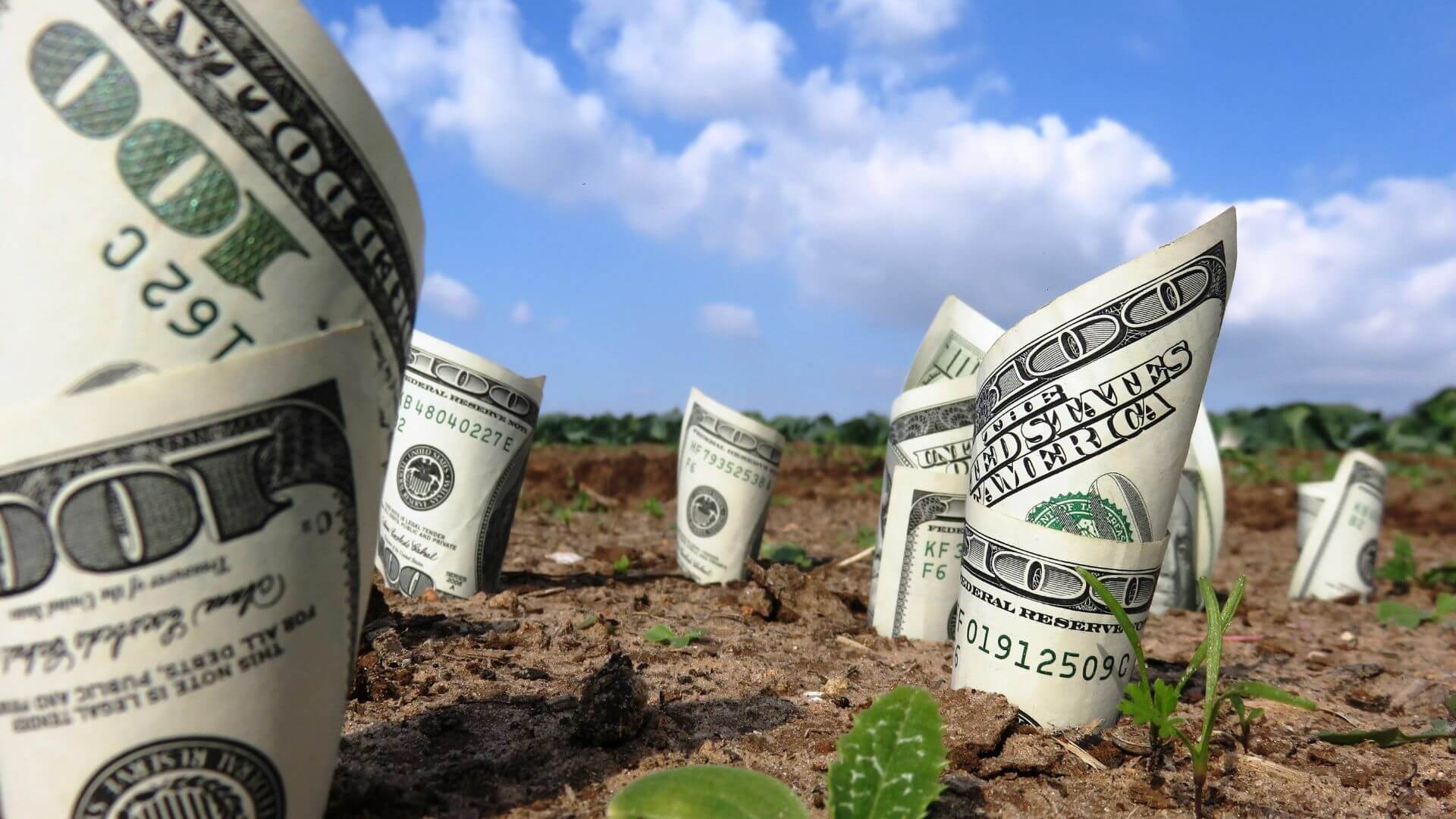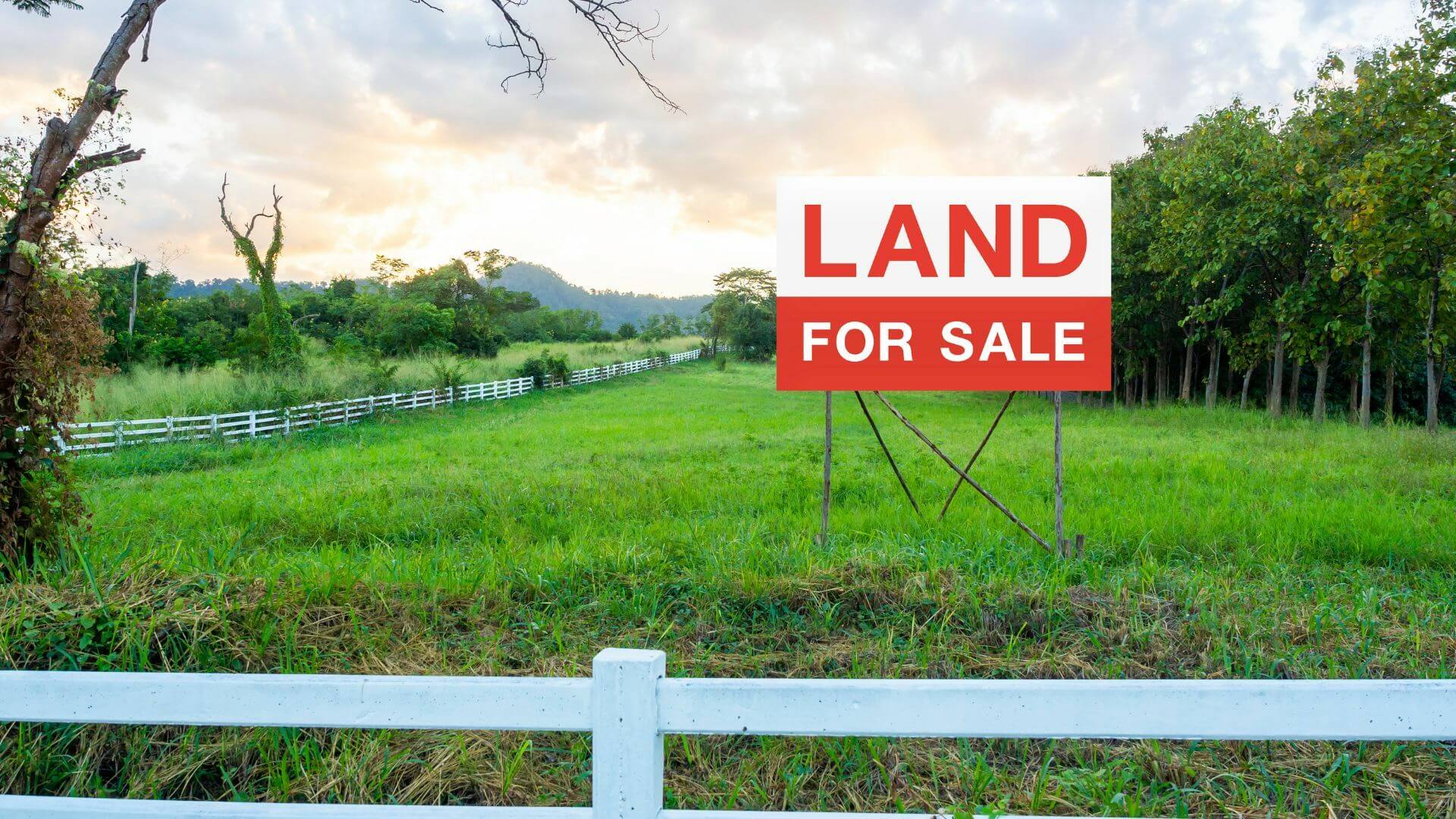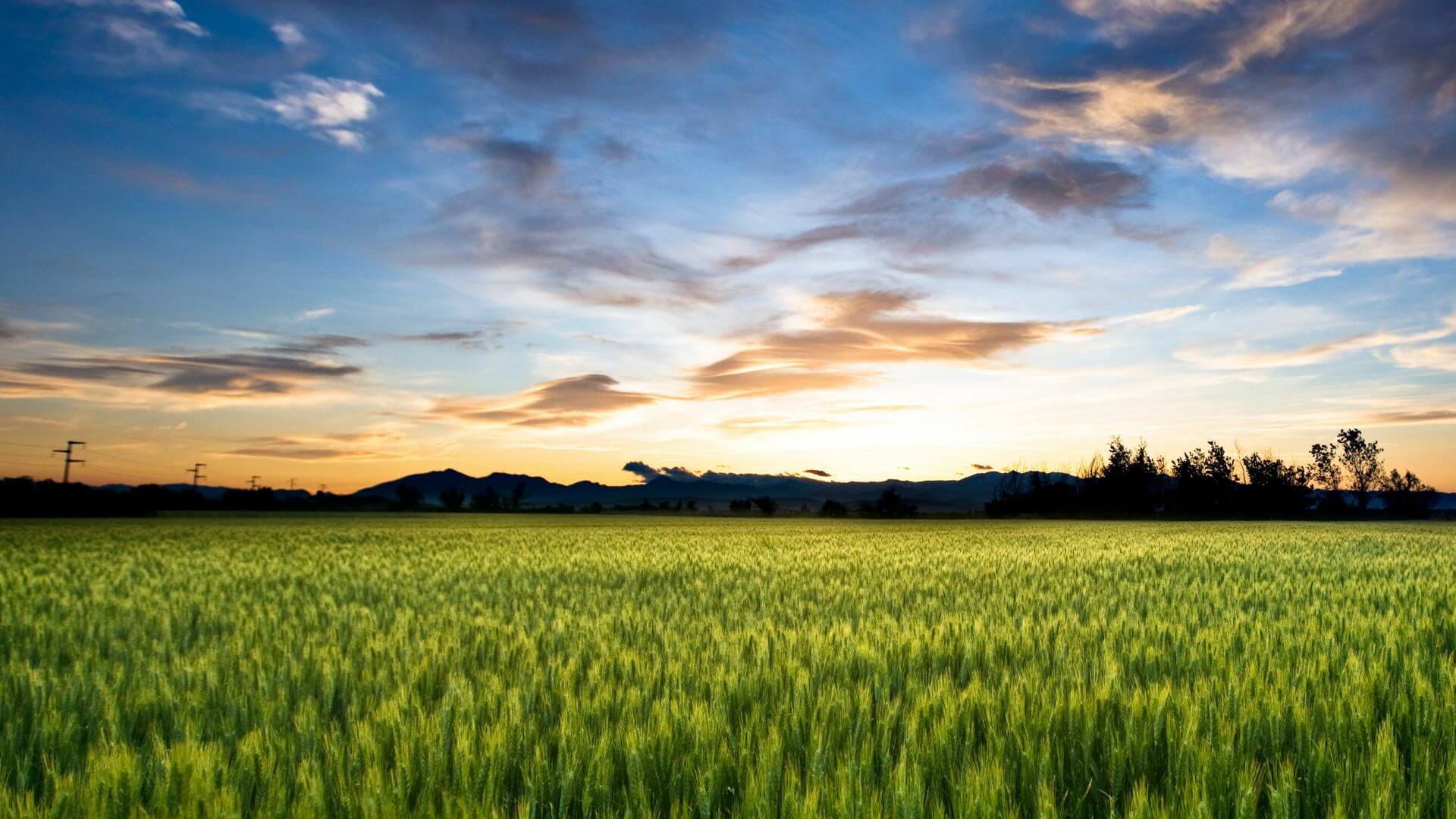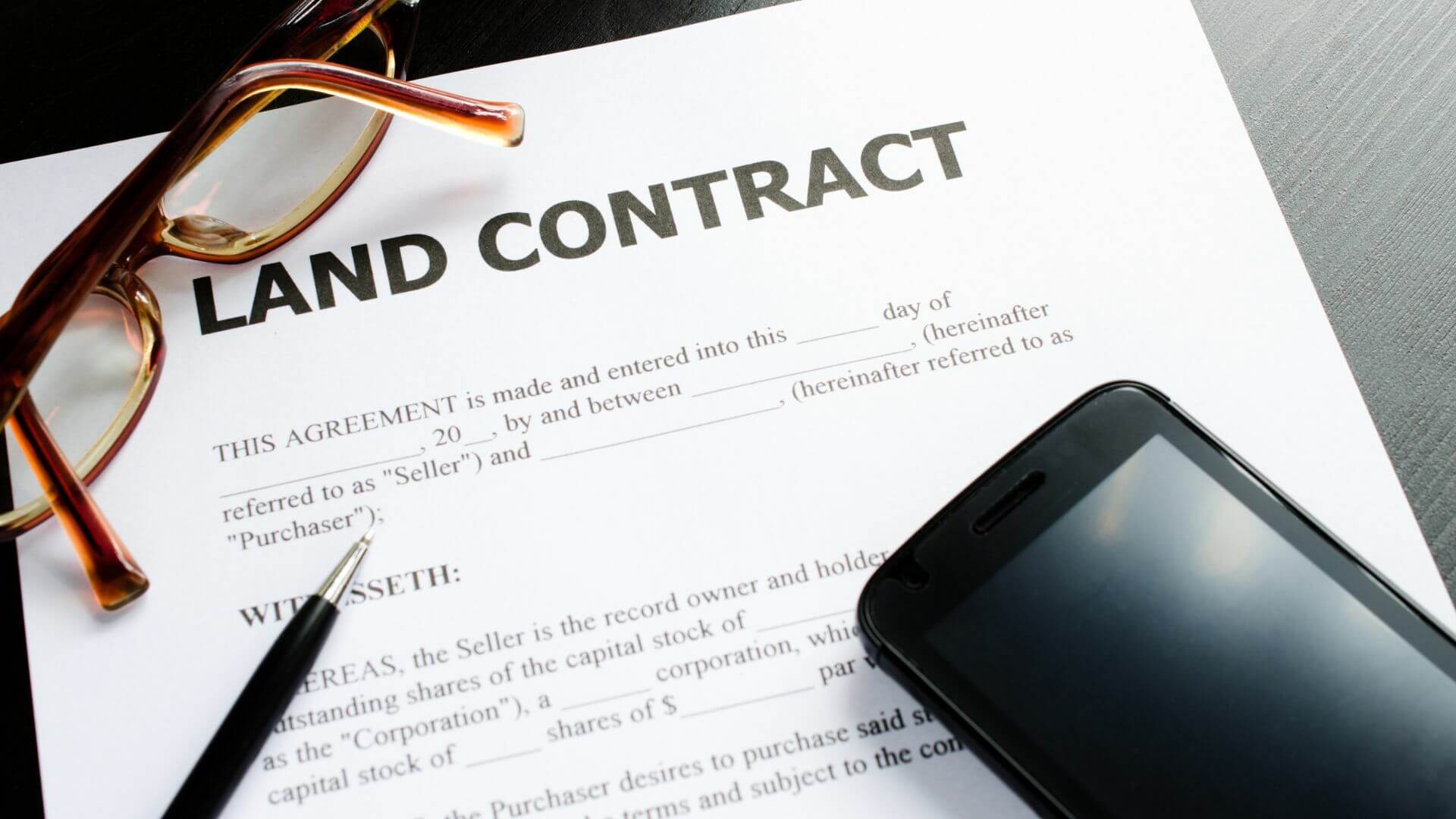Introduction
Let me shoot straight with you: the dollar just doesn’t stretch like it used to. Groceries are up, fuel swings like a yo-yo, and even a cup of gas station coffee costs more than it did a year ago. If you’re like many folks we talk to, you’re looking for something more reliable—something real—to protect what you’ve worked hard to earn. That’s where owning land, especially here in Michigan, comes into play.
When paper money loses steam, land holds its ground. And in Michigan? Well, we’ve got some of the most beautiful, versatile, and valuable land in the country. From hardwood ridges and cedar bottoms to hayfields and marshy wetlands, this state is packed with opportunity.
Let’s walk through why land is one of the most time-tested ways to hedge against currency devaluation, and why now—more than ever—Michigan land deserves your attention.
Why Land Works When the Dollar Weakens
 When we talk about inflation or currency devaluation, we’re really talking about buying power. A $100 bill might look the same year after year, but it sure won’t buy the same amount of lumber, milk, or shotgun shells.
When we talk about inflation or currency devaluation, we’re really talking about buying power. A $100 bill might look the same year after year, but it sure won’t buy the same amount of lumber, milk, or shotgun shells.
That’s where tangible assets—”hard” assets—come in. Unlike stocks or crypto, a piece of ground doesn’t vanish overnight. It doesn’t depend on algorithms or Wall Street sentiment. It just sits there, growing timber, hosting deer, maybe even generating a little income through leases or farming.
Land’s value tends to move with inflation. When prices go up, so does the cost of property—especially in areas where supply is limited and demand stays strong. That’s been the pattern for generations.
Add in the fact that raw land usually has lower carrying costs than developed real estate (no buildings to maintain or insure), and you’ve got a solid inflation hedge that won’t keep you up at night.
Why Michigan Land Holds Special Appeal
 Now, we’ve worked land deals across the state—from the western U.P. down to the Thumb—and we can tell you: Michigan isn’t just a great place to live and play. It’s a smart place to invest.
Now, we’ve worked land deals across the state—from the western U.P. down to the Thumb—and we can tell you: Michigan isn’t just a great place to live and play. It’s a smart place to invest.
Here’s why:
- Diverse Terrain: Whether you’re after farmland, timber ground, or hunting property, Michigan’s got it all.
- Recreational Demand: Folks want places to hunt, camp, fish, and ride ATVs. That keeps demand high.
- Timber Value: Select cuts can bring in income without touching your principal investment.
- Limited Supply: They’re not making more land, and zoning restrictions keep a cap on what’s buildable.
On top of that, the connection people feel to northern woods or a quiet 40-acre field downstate—that emotional value? You just can’t put a price on it.
I’ve had buyers tell me their land saved their sanity during tough years. That’s not just economics; that’s peace of mind.
What the Numbers Say: 2025 Inflation and Economic Trends
 Here’s the hard data: as of mid-2025, the annual inflation rate is hovering around 2.7%. That’s a slight cool-down from the spikes we saw post-2020, but still enough to nibble away at savings accounts and fixed incomes.
Here’s the hard data: as of mid-2025, the annual inflation rate is hovering around 2.7%. That’s a slight cool-down from the spikes we saw post-2020, but still enough to nibble away at savings accounts and fixed incomes.
More telling? Long-term inflation expectations are inching up—2.9% over five years, according to the New York Fed. Factor in trade tensions and tariff policies that raise the cost of goods, and we’re staring down a stretch of stubbornly high prices.
Wages aren’t always keeping up. And while the markets feel shaky, land offers that quiet kind of resilience that doesn’t make headlines—but sure holds value.
What Other Articles Don’t Tell You (But Should)
 A lot of the content out there is pretty surface-level. Most blogs talk about real estate broadly but don’t differentiate between a city condo and a 60-acre hayfield. That’s a mistake.
A lot of the content out there is pretty surface-level. Most blogs talk about real estate broadly but don’t differentiate between a city condo and a 60-acre hayfield. That’s a mistake.
Michigan land isn’t just about price-per-acre. It’s about:
- Accessibility
- Soil types and timber species
- Wildlife habitat
- Local zoning and township tax rates
These things matter. They impact not just the property’s current value, but what you can do with it down the road.
Another common miss? Lifestyle value. You might not be able to write it off on your taxes, but owning land in Michigan you can hunt, farm, or just walk with your grandkids? That’s the kind of wealth inflation can’t touch.
What to Look for When Buying Michigan Land For Sale Today
 If you’re considering a buying land for sale in Michigan, especially as a hedge, here are some practical things to keep in mind:
If you’re considering a buying land for sale in Michigan, especially as a hedge, here are some practical things to keep in mind:
- Zoning: Know what you’re allowed to do. A beautiful piece of land doesn’t help if you can’t build that pole barn or cabin you’ve been dreaming about.
- Access: Legal, year-round access is key. Avoid landlocked parcels unless you’re seasoned and know the workarounds.
- Water Sources: Streams, ponds, or even a good water table for future wells can boost usability.
- Taxes: Michigan offers some favorable rural tax incentives. But townships vary, so do your homework.
- Timber and Habitat: Don’t underestimate the value of standing timber or a property with solid deer sign. These factors often appreciate right along with inflation—and sometimes faster.
Financing raw land can be trickier than buying a house. Some buyers go cash; others work with local banks that understand rural real estate. Either way, expect a different process than a typical home loan.
Stories from the Field
One couple we worked with in Clare County bought a 40-acre patch of mixed hardwoods back in 2012. They used it for hunting, a bit of firewood, and weekend camping. As prices climbed, they watched neighboring properties sell for nearly double what they paid.
They weren’t looking to flip it—but knowing their land value kept rising while inflation ate away at their 401k? That gave them real comfort.
Another guy we helped up in the Keweenaw put some money from a maturing CD into timberland. No buildings, just good road frontage, spruce, and birch. He told me, “It’s the only investment I own that I can snowshoe across.”
That’s land. It doesn’t just sit in an account. It gives something back.
What Are the Risks?
We won’t sugarcoat it—land isn’t perfect.
- Liquidity: It’s not a quick sale. You might wait weeks or months to close a deal.
- Taxes: Even rural land has property taxes, and you’ve got to budget for them.
- Regulations: Wetlands, set-backs, and conservation easements can limit what you do.
But here’s the trade-off: in exchange for those downsides, you get an asset that doesn’t bounce around with headlines or quarterly earnings.
And unlike precious metals or collectibles, you can walk on it, hunt it, lease it, or hand it down to your kids.
Comparing Land to Other Inflation Hedges
 You might be thinking, “What about gold ? Or Treasury Inflation-Protected Securities (TIPS)?”
You might be thinking, “What about gold ? Or Treasury Inflation-Protected Securities (TIPS)?”
Fair question. Gold’s a traditional inflation hedge, sure—but it doesn’t produce income or recreation. TIPS protect principal, but they’re slow growers and still tied to government policy.
Land gives you multiple layers of value:
- Use
- Enjoyment
- Potential income
- Long-term appreciation
You get the tangible and the tactical. That’s tough to beat.
Wrapping It Up: Michigan Land Isn’t Just Dirt—It’s Defense
So, where does all this leave you?
If you’re sitting on savings and wondering how to keep its value intact over the next decade, think about shifting some of that into land. Especially here in Michigan, where natural beauty meets real opportunity.
Owning land gives you control. It’s not tied to a boardroom or bank. It’s yours. And as we head into years where economic certainty feels like a luxury, that kind of solid ground matters.
If you’re ready to explore what’s out there, browse our current listings or give us a shout. I’d be glad to walk a property with you—boots on the ground, no pressure. Let’s find a parcel that makes sense not just on paper, but for your peace of mind.
Because at the end of the day, it’s not just about hedging. It’s about having something real.